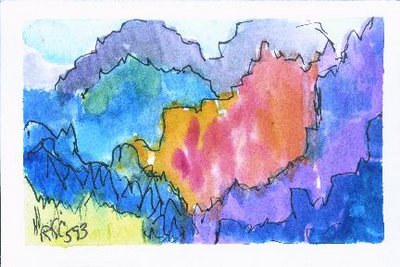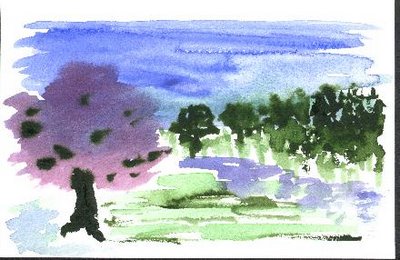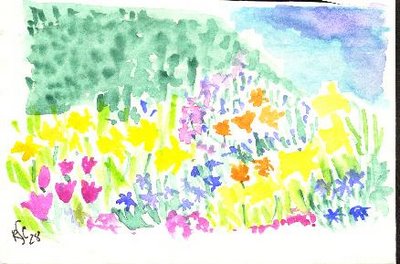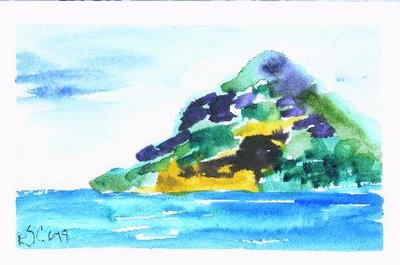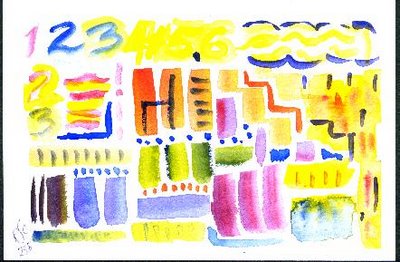
by Rasma Haidri
MeaningFirst of all, don’t look for it.
Not in these lines, dots, shapes,
not even in the white spaces-
the small o of oblivion in the curve of the d.
Enter in then, here
right before the first comma
marks the plunge.
Listen.
There’s a harp and a flute and an open church door.
It’s the wedding rehearsal of the brother of the flutist
who is interrupted in his playing, shocked by what he hears
slicing through the ceremonial air – the voice of an unseen woman
to her husband on the street
You should have bought me a Chevy, you son-of-a-bitch!But why are you attending so to the story?
This is not it.
Poetry only begins with this.
Now,
her words still granular in the air the flutist breathes,
the poem is unwinding between his lips and the instrument.
Listen, just before the air enters,
no, as it falls and swoops,
as it reaches the stops,
but before his finger lifts,
there tingling between the ridges on his fingertips
is the entire story, the low moan of his own divorce, now past,
and the upstairs apartment window
where he will be leaning in shirt-sleeves
on the eve of his brother’s 32nd wedding anniversary.
- from Lullwater Review, Vol. IX, No. 1, 1998.
